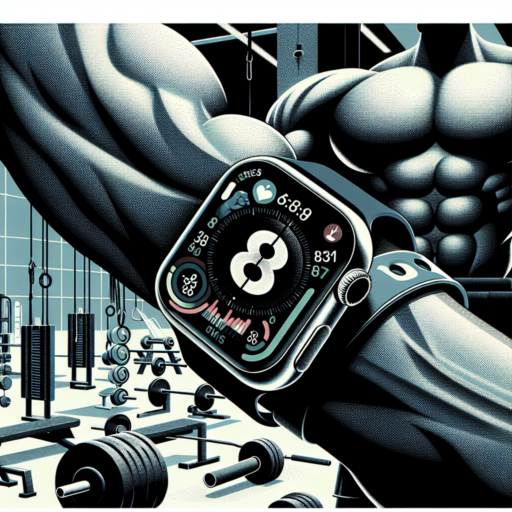Can you buy your own heart monitor?
The question of whether you can purchase your own heart monitor is one that garners significant interest, especially in a world where personal health monitoring is more accessible than ever. The short answer is yes, individuals can indeed buy their own heart monitors. With advancements in personal healthcare technology, a variety of heart monitoring devices are now available on the market, catering to different needs and preferences.
Heart monitors, also known as cardiac monitors, come in several forms, including wearable devices like smartwatches and chest straps, and more clinical-style portable ECG monitors. These devices offer the convenience of monitoring heart rhythms, detecting irregularities, and even providing early warnings about potential heart concerns.
When considering purchasing a heart monitor, it’s essential to understand the different types available. Wearable technology has made it remarkably easy to track heart rate during daily activities and exercise. Meanwhile, portable ECG monitors offer a more detailed analysis, capable of identifying more complex heart rhythm patterns and conditions such as atrial fibrillation. Each type has its own set of features, advantages, and limitations, thus it’s critical to choose one that best fits your health monitoring needs.
How much does it cost for a heart monitor?
The cost of a heart monitor varies significantly depending on several factors, including the type of monitor, capabilities, brand, and where you purchase it. Generally, basic models designed for home use can start as low as $25 to $50, making them accessible for those on a tight budget. These simpler devices are capable of tracking heart rates and, in some cases, offering basic rhythm tracking.
For individuals requiring more advanced features, mid-range heart monitors offer expanded capabilities such as detailed heart rate analysis, connectivity with smartphones, and additional fitness tracking options. Prices for these devices range from $100 to $300. These monitors provide a balance between affordability and functionality, catering to fitness enthusiasts and individuals with specific health monitoring needs.
At the high end of the spectrum, medical-grade heart monitors, which offer comprehensive monitoring and are typically used under a healthcare provider’s guidance, can cost anywhere from $300 to well over $1000. These devices include features such as long-term monitoring, detailed analysis reports, and the ability to detect a wide range of heart conditions.
No se han encontrado productos.
What is the best heart rate monitor for home use?
Finding the best heart rate monitor for home use depends largely on your needs and fitness goals. While several options are available, some stand out due to their accuracy, ease of use, and comprehensive features. Heart rate monitors come in various formats, including chest straps and wrist-based devices, each with its own set of advantages for home fitness enthusiasts.
Types of Heart Rate Monitors
Before diving into specific models, it’s essential to understand the two primary types of heart rate monitors: chest straps and wrist watches. Chest straps are known for their precision and are favored by professional athletes for their real-time, accurate readings. On the other hand, wrist-based devices offer convenience and comfort, making them a popular choice for daily wear and fitness tracking.
When considering the best heart rate monitor for home use, key features to look for include connectivity (such as Bluetooth capability for syncing with other devices), battery life, and the type of data tracked. For instance, some devices not only measure heart rate but also track sleep patterns, calorie consumption, and offer training insights.
Ultimately, the best heart rate monitor for your home fitness routine is one that aligns with your specific health goals, whether it’s improving cardiovascular health, monitoring stress levels, or enhancing overall fitness. By focusing on devices that offer the features and accuracy you require, you can make an informed decision that complements your lifestyle and helps you achieve your fitness objectives.
Is it worth buying a heart monitor?
Deciding whether buying a heart monitor is worth it or not largely depends on individual health goals and lifestyle. For athletes and fitness enthusiasts, a heart monitor can be an invaluable tool, providing data that helps optimize training and improve performance. Meanwhile, individuals with certain health conditions, or those looking to keep a closer eye on their cardiovascular health, might also find significant value in these devices.
Heart monitors come in various forms, such as wristbands, chest straps, and even smartwatches, each offering different features and levels of accuracy. The ability to track your heart rate in real-time allows for adjustments in your fitness routine or daily activities to maintain or improve heart health. This real-time feedback can also alert users to potential health issues before they become serious.
Additionally, the integration of heart monitors with other health apps and tools can provide a comprehensive view of your overall wellness. By analyzing heart rate data over time, these devices can help identify patterns or changes in your heart health, offering invaluable insights that could lead to preventative measures or adjustments in lifestyle or medication.




